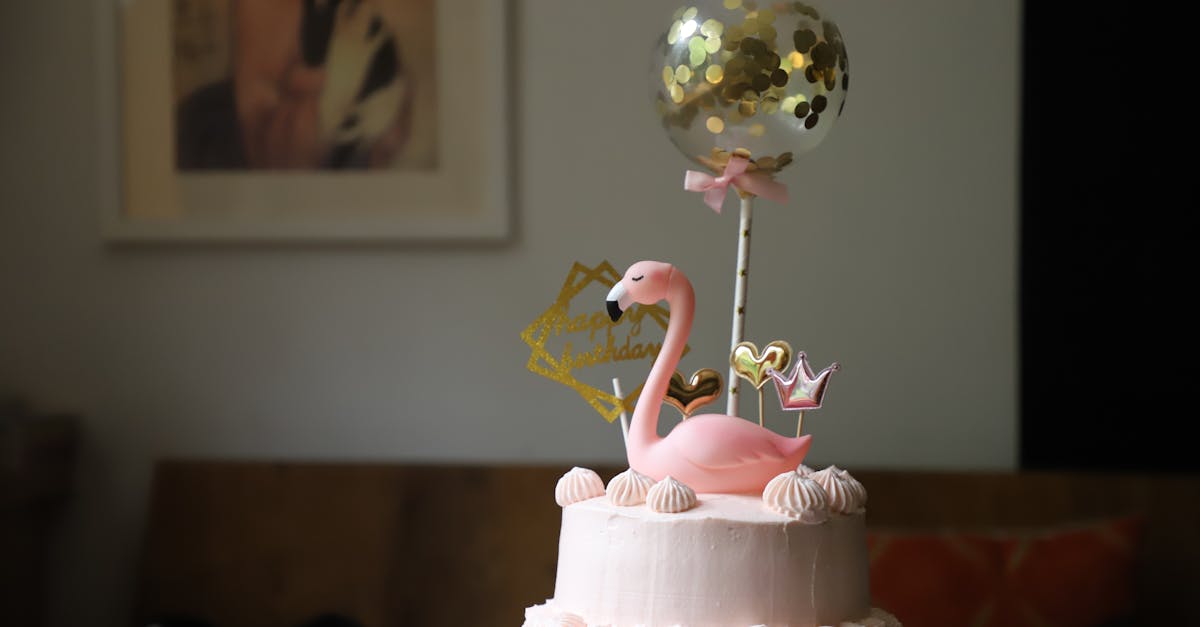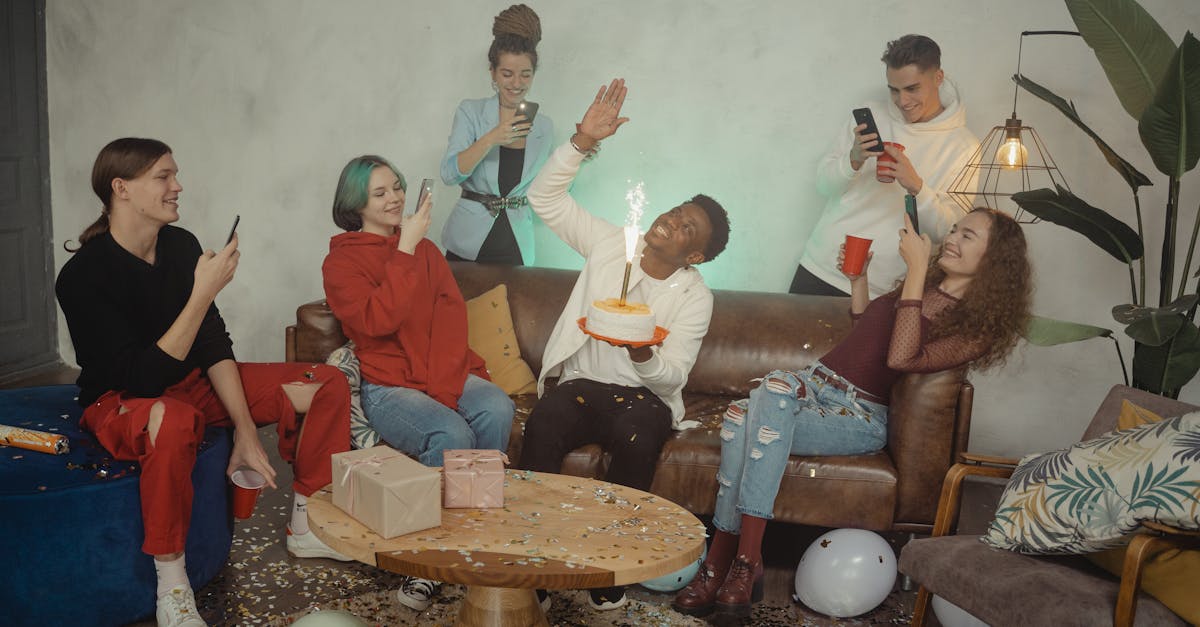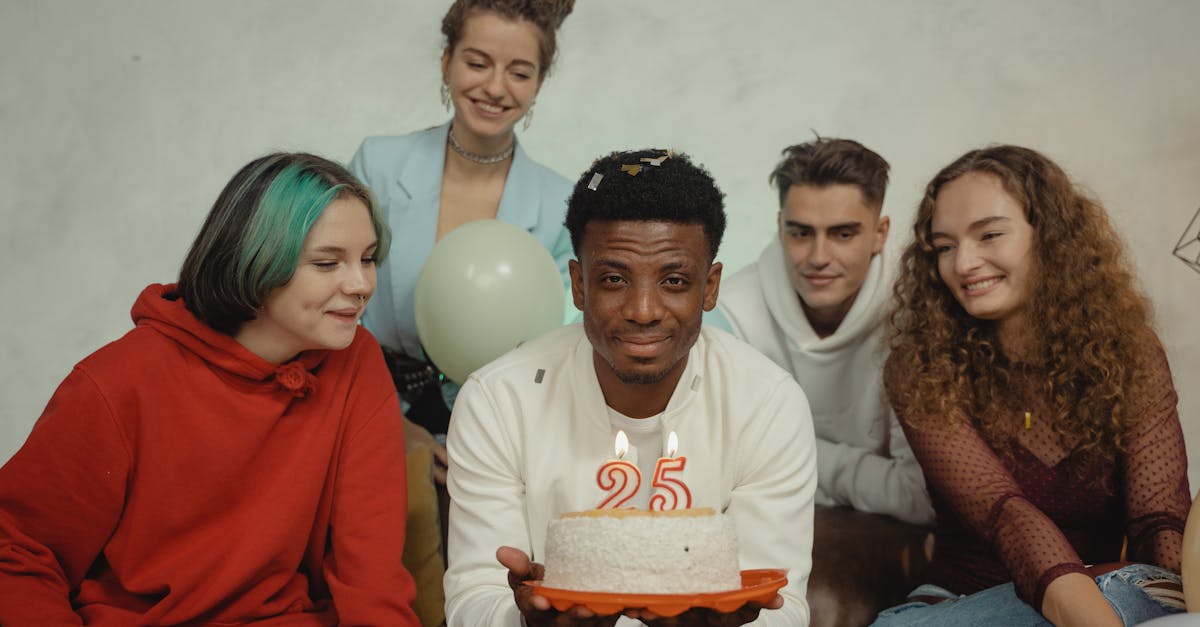
The Evolution of Birthday Celebrations: From Ancient Rituals to Modern Parties

Birthdays are universally treasured moments that bring people together to celebrate the passage of time. But have you ever wondered how these celebrations have evolved over the centuries? Let's embark on a historical journey to explore the evolution of birthday celebrations, from ancient rituals to today's vibrant parties.
Ancient Beginnings: The Birth of Birthday Traditions
The earliest birthday celebrations can be traced back to ancient civilizations. The Egyptians were among the first to mark the birthdays of their pharaohs, believing that when they were crowned, they transformed into gods. These events were more than personal milestones; they were public declarations of divine status and power.
In contrast, the Romans took a more inclusive approach by celebrating the birthdays of ordinary citizens. They introduced the concept of "dies natalis," which involved feasting and merrymaking. This tradition laid the foundation for modern birthday festivities. For more on how different cultures celebrate, check out Global Birthday Traditions: Unique Celebrations from Around the World.
Medieval Shifts: From Pagan Rituals to Christian Observances
During the Middle Ages, birthday celebrations fell out of favor in Europe as they were associated with pagan rituals. However, this changed with the rise of Christianity, which began to incorporate birthdays into religious observances. The most notable example is the celebration of Jesus Christ's birth on December 25th.

Despite this shift, personal birthdays remained relatively low-key events until the Renaissance period, when they began regaining popularity among European nobility. Lavish banquets and grand balls became fashionable ways for aristocrats to celebrate their special days. For those interested in the historical significance of first birthdays, see The First Birthday: Historical Significance and Traditions.
Modern Times: The Rise of Personal Celebrations
The 19th and 20th centuries witnessed a democratization of birthday celebrations, as they became events for people of all social classes. The introduction of child-focused parties marked a significant change in how birthdays were celebrated. The practice of giving gifts, cutting cakes adorned with candles, and singing birthday songs became widespread. Learn more about this tradition in The History of Birthday Cakes: From Ancient Offerings to Modern Masterpieces.

Conclusion: A Timeless Tradition
The evolution of birthday celebrations reflects broader social and cultural changes throughout history. What started as an exclusive ritual for rulers has transformed into a universal celebration cherished by all. As we continue to innovate new ways to celebrate, one thing remains constantthe joy and connection that birthdays bring.
As you plan your next birthday bash or participate in someone else's big day, take a moment to appreciate the rich history behind this beloved tradition. After all, it's not just about marking another year; it's about celebrating life itself.